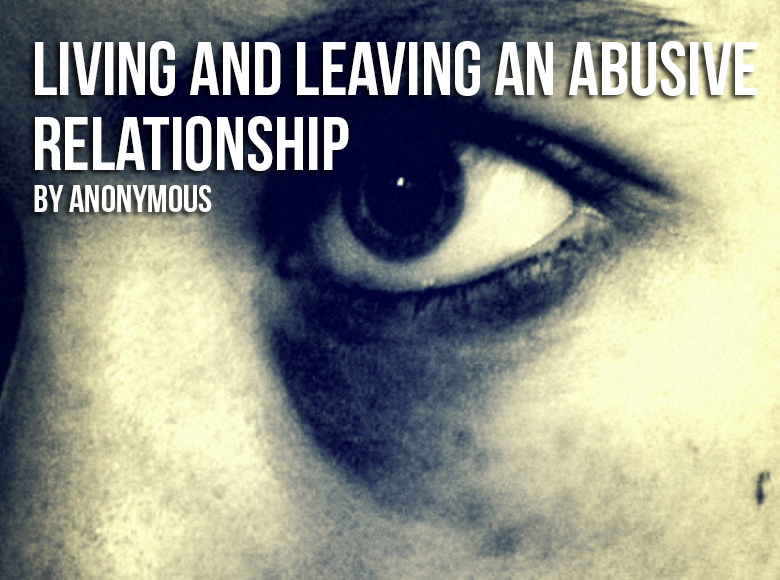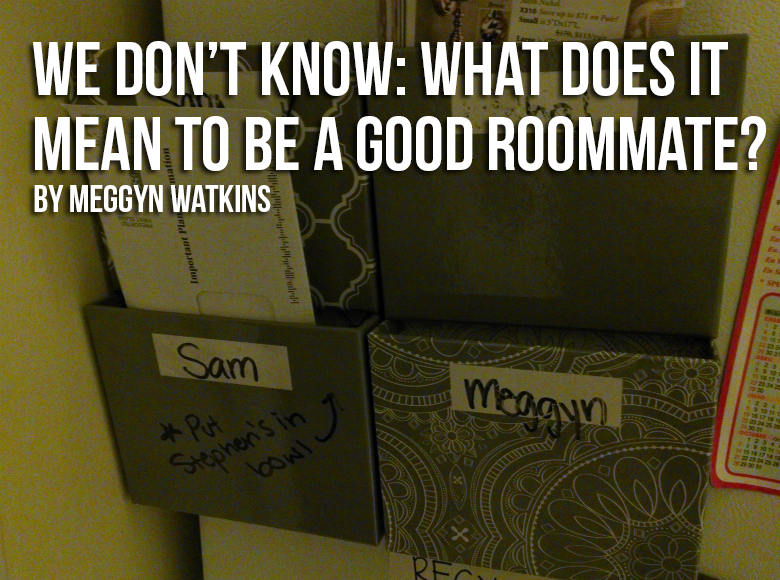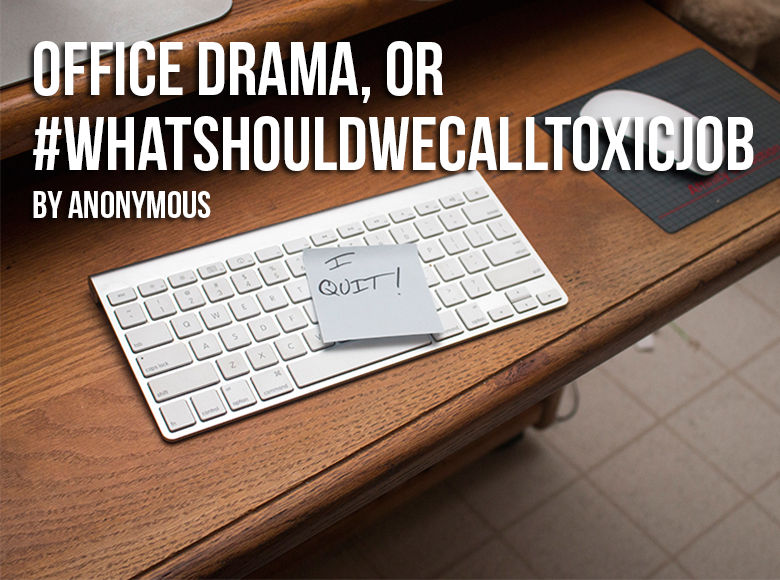Living and Leaving an Abusive Relationship
Everyone wonders why the abusee stays. I wondered for several years after the conclusion of my relationship… why did I stay those 3 years, my college years? The simple answer may sound banal: I loved him. The convoluted answer is that love was worth fighting for, no matter the costs.
I thought that I could fix him, that I was the only one who could or would understand him. And for a long time, that made me feel special and important. But sometime between the belittling insults, the punching and shoving, the time he spit in my face, the time he dragged me across the carpet and threw me out the door in the middle of the night, and the time he cancelled my cross-country airline ticket home without my knowledge, leaving me stranded, penniless, and hopeless in the JFK Airport, I stopped feeling special.
The end started at that exact ticket counter. Andrew and I had spent four painful days in Manhattan visiting his sister, an NYU sophomore at the time. Our return flight to California was scheduled to leave early Tuesday morning. After nearly a week of yelling at each other, we both figured it was finally over, but despite my better judgment, I agreed to share a cab with Andrew to the airport. We hopped into a cab at 4 am with the plan of beating early rush-hour traffic and checking in early for our flight. The cab ride was particularly painful because after four days of fighting, we couldn’t even make eye contact. All I wanted to do was get home and away from him. Something in me told me that this was it: all I needed to was to get home and then I would be safe, with my family and friends there to help me through whatever storm was brewing.
We arrived at the airport with several hours to spare before we were allowed to check our baggage and print our boarding passes. I piled my suitcase, backpack, and purse into a makeshift cushion and tried my best to nap after the exhausting previous days. I was so close. I didn’t even need to sit next to Andrew on the flight. I could make it home on my own, without him, as long as I had my belongings and my plane ticket. I slipped into a light sleep for an hour or so before it was finally time to drag myself and my things to the ticket counter.
The airline employee at the ticket and baggage check-in counter asked for our ticket confirmation number and our IDs. He typed in our information, checked and double-checked his computer screen, handed Andrew his printed boarding pass, and looked up at me sympathetically, “I have one flight reservation for Andrew, but it appears the other ticket on the reservation, the one for you, miss, has been cancelled.” My knees buckled, my mouth dropped open, and tears immediately flooded my eyes. I looked at Andrew, pleading for an explanation, for his help. Andrew had booked our tickets, and sometime in the previous few days, he had intentionally cancelled mine. After days of arguing and fighting, he was exerting his final act of control over me, this time financially.
Andrew stared expressionless at the airline employee, “I have no idea what you’re talking about. I didn’t cancel that ticket.” I looked him straight in the eyes and whispered, “You motherfucker.” The one-way, last minute ticket from NYC back home was $800, and I was a broke college student. The employee said, “Sir, it states right here that only her ticket has been cancelled. You cancelled it.” Andrew shrugged his shoulders and grabbed his boarding pass and his baggage. “Well, I better make it through security,” he smirked at me. “Good luck.” And he walked off toward the TSA security line.
I ran after him, not even bothering with my things still parked at the ticket counter. Grabbing his arm, I pleaded, “What are you doing? You’re leaving me here?! How am I going to get home?! Andrew, I need to get home.” I started to beg, my voice shaking, along with my hands. He had complete control over me and my ability to get home. “Andrew, please. I can’t pay for that ticket. My credit card can’t even accept that charge. Please.” The passengers waiting in line to pass through security stared at me and whispered to each other. I looked delusional and crazed. I was panicked, and Andrew was smiling. He was enjoying this. He loved the manipulation.
By this time, I was on my knees sobbing. He looked down at me condescendingly and replied with a smile, “You have that Coach purse I gave you for Valentine’s. Sell that. It’s gotta be worth three to four hundred dollars, easy. You’re half-way there already.” He shook me from his arm and headed off again in the direction of the security line.
Looking back, why didn’t I call my family back at home for help? There was a way to get out of this: all I had to do was use my phone. But that’s the scary thing about abuse. I was so afraid and so wrapped up in Andrew’s manipulative game that I felt completely isolated. He was my one and only confidant. You’re supposed to be able to rely on your partner when things get rough, right? But what the fuck do you do when the person you love is the person who will openly humiliate you in public, just to see you suffer?
Somehow ignoring the surrounding crowd, I picked myself off the floor and walked back to the ticket counter and back to my belongings. The airline employee was fully aware of my pleading attempt get Andrew to help me. I looked at the employee, hoping that there was some magic button on his computer that would reverse Andrew’s manipulative trick and restore my reservation on that flight home. “Please, sir. I have no money. He cancelled my flight. I need to get home.” And this man somehow knew that I was telling the truth and that I was hopeless. That I was forced to stand in front of an audience of airline passengers and employees, pleading for help on my knees to a guy that was getting a rise out of the whole dramatic scene. And somehow that airline employee knew something was wrong. He sighed, “Okay, miss. I can restore your seat.” He typed some commands into his machine and printed my boarding ticket with a concerned expression.
I inhaled deeply and thanked him repeatedly. I wanted to hug him. To this day, I wish I had recorded his name in my memory. He was a stranger who might have risked his job by taking a chance on a young woman who, in that moment, clearly could not help herself.
It took another three months after this incident in the airport to finally leave Andrew.
Revisiting the entries of my journal from those last few months, I now realize how I omitted all the specific events involving physical, emotional, or mental abuse. Maybe writing them down forced me to face them, made the feelings real. What I did write was, “When am I going to be enough? When am I going to be worthy of me?” It took three years to lose my self-confidence and my self-worth, and it’s taken me just as long to gain it back. Now, I know that I am worth more.

Photo by Sara Slattery



